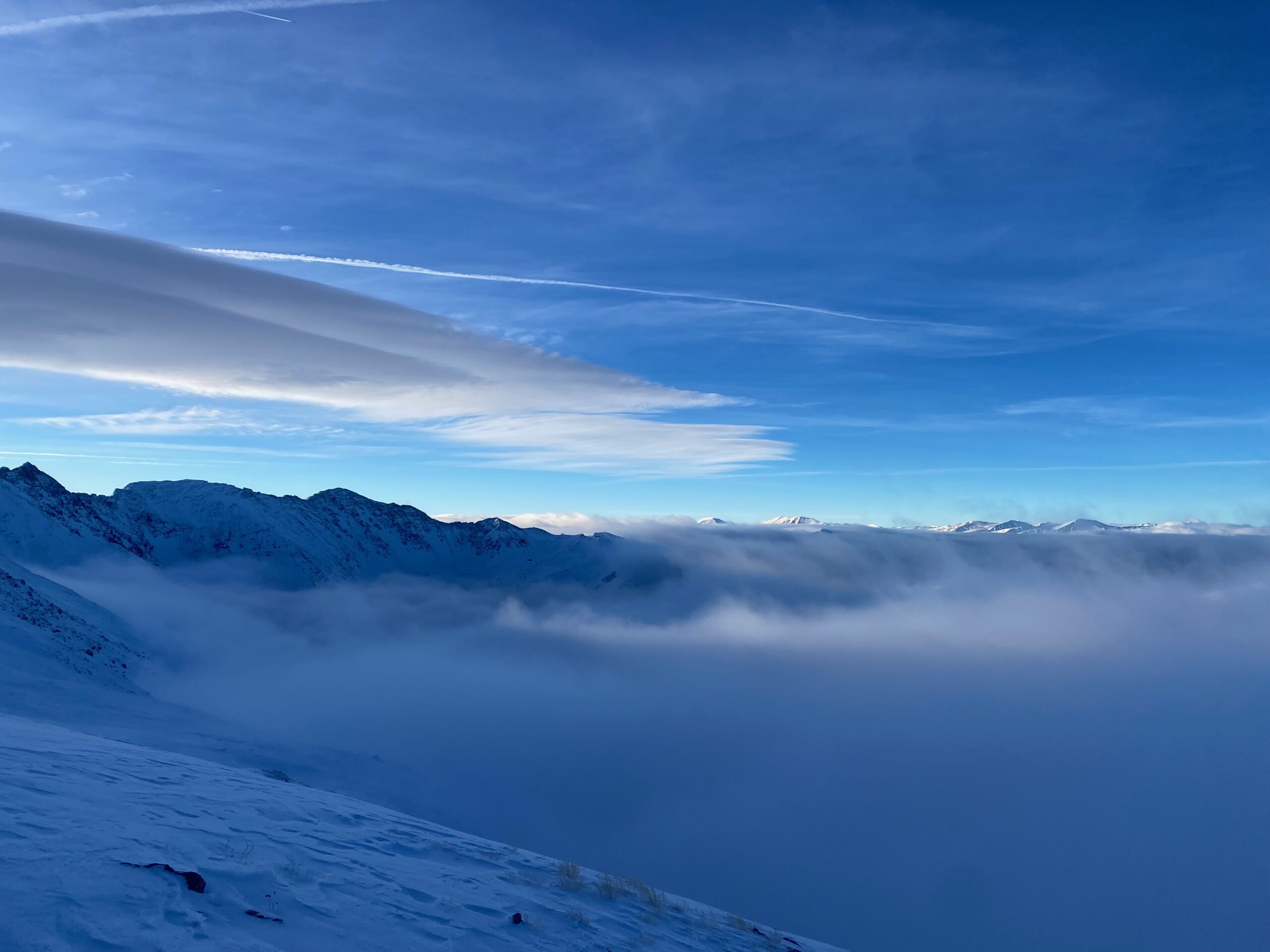cordillera: “A series of more or less parallel mountain ranges, including their ridges, basins, and tablelands…” The term cordillera came into English from the Spanish, from the word ‘cordilla’, which means ‘string’ or ‘rope'” – Robert Hass, Home Ground
It goes by many names. Ute people called it the Ȟe-Ská or White Mountains, while to the Quechua it was the Antis. Today, we know pieces of it as the Rockies, the Sierra Madre, and the Huayhuash. Stretching nearly 9000 miles, the American Cordillera is the longest chain of mountains in the world, and on its way from Alaska to Patagonia, it passes through some fifteen countries. It is the backbone of the continent, and its forests, minerals, and glaciers give life to hundreds of millions of people.
I am one of these people. Though I grew up in Nebraska, the mountains of the Cordillera feed the rivers that run through my home and make it habitable, and now that I live in Colorado, they are a constant presence. Mountains are a source of life, and on this blog, I hope to explore how the Cordillera shapes the lives of those who work and recreate in them, from its most pristine landscapes to its most polluted cities. In doing so, I hope to offer a more complex understanding of the mountains that so many of us Americans–North and South–call home.

